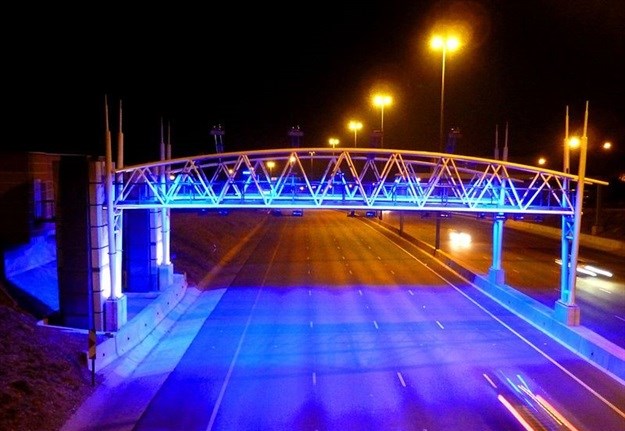
Normal prescription applies
E-toll debts are not considered levies or taxes and, because SANRAL is merely a state-owned juristic entity as opposed to a fully-fledged state department, the debt is subject to the Prescription Act 68 of 1969.
In terms of the Act, any debt which is not owned to the state itself, which does not arise from a dishonoured cheque and is not secured by some or other instrument (such as mortgage bond), shall be extinguished after 3 years from its due date, unless the debtor is summoned to settle the debt or the debt is acknowledged or paid by the debtor.
Therefore, as long as the driver does not acknowledge the debt (by for instance paying the debt or signing an acknowledgement of debt in relation to it) and the driver has not been summoned to court to settle the debt, any e-toll debt older than three years should be extinguished. Accordingly, e-toll debt not paid or acknowledged as of today’s date, which was incurred during December 2013 to June 2014, will have prescribed by today.
SANRAL has, however, denied that any e-toll debt has prescribed and has even stated publically that in the event that some of the debt has possibly prescribed, it would rely on the Administrative Adjudication of Road Traffic Act 46 of 1998 (AARTO Act), which criminalises certain traffic-related offences, to lay criminal charges against defaulting e-toll drivers. Criminal offences are prosecutable for a period of up to 20 years after the crime has been committed. This means that although a driver would not be liable for the debt older than three years, SANRAL would still be entitled to charge and prosecute the driver criminally for non-payment for up to 20 years from when the debt became due.
Whether any competent court would be willing to criminalise the vast majority of Gauteng’s road users is debatable at best, especially in light of the fact that in July 2014, the previous Minister of Transport, Dipou Peters, gave an undertaking that non-payment of e-tolls would not be criminalised.
SANRAL seems to recognise this apparent difficulty. It appears that, to date, all claims by SANRAL have been lodged in civil courts (for payment) and that no criminal charges have been laid against default e-toll drivers as of yet.
SANRAL may decide, however, to institute criminal charges (large scale against all defaulting e-toll drivers, or only in a few tests cases to set a precedent that might persuade the masses to pay) at any time in the next 20 years (unless the AARTO Act is amended to decriminalise non-payment of e-tolls).
Prescription may be a valid defence to SANRAL’s civil claim for payment. However, we must stress that this has not yet been tested in our courts. The defaulting e-toll driver must raise this defence, however. You cannot rely on the Court to raise it for you. All drivers who receive a summons should accordingly seek legal advice before deciding on a court of action in relation to it.